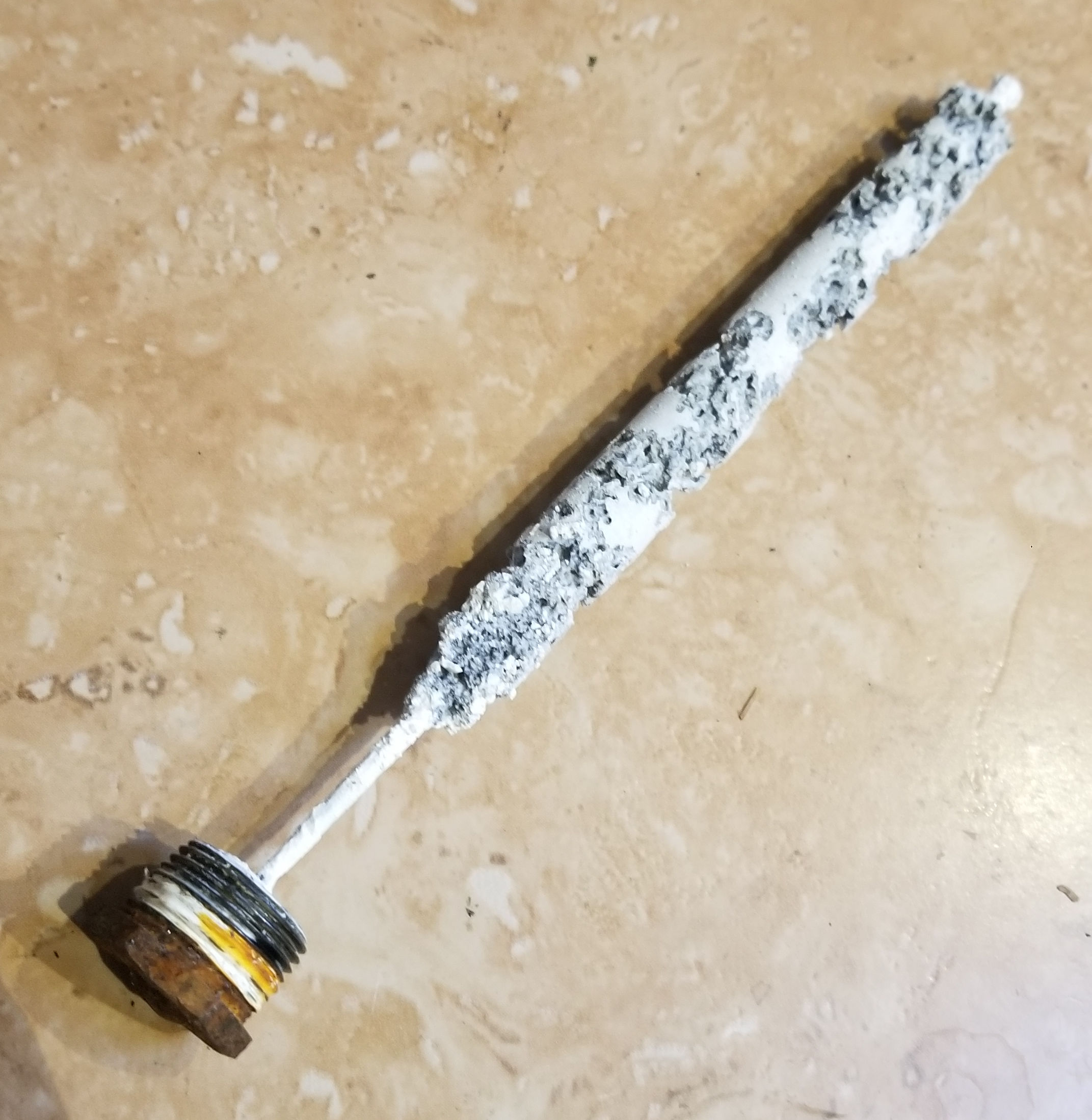Skipg
Jan 09, 2022Explorer II
Installing new anode rod
We have a 2020 TT we bought new. Used it full time for 5 months. I did maintenance on the suburban water heater. Anode rod 80% gone, and when I flushed the tank I got about a cup of sediment that was...
